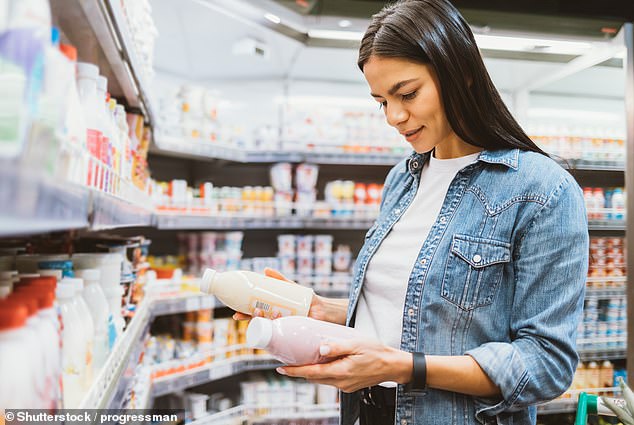
Scientists Warn Popular Health Drinks in Fridges Could Hasten Early Death
Protein Shakes Linked to Higher Risk of Early Death, Study Warns
Protein shakes, often marketed as muscle-building wonders and convenient meal replacements, may increase the risk of premature death, according to new research. Scientists from Brazil’s Oswaldo Cruz Foundation found that these shakes share a critical drawback with sugary treats like Kinder Joy chocolate eggs: both are ultra-processed foods (UPFs), linked to heart disease, cancer, and early mortality.
What Makes UPFs Dangerous?
UPFs are industrially manufactured products loaded with additives, preservatives, and ingredients not typically used in home cooking, such as protein isolates and artificial flavors. They’re designed for long shelf life and convenience but often lack nutritional value. A 160-calorie protein shake, for example, might seem healthier than candy, but both fall into the UPF category—and both may raise mortality risk similarly.
Researchers analyzed data from eight countries and found that for every 10% increase in daily UPF calories, the risk of early death rises by 2.7%. In the U.S., where UPFs account for 54% of calories consumed, these foods were tied to an estimated 124,000 premature deaths annually (13.7% of all early deaths). The UK showed similar trends, while Colombia, with lower UPF intake (15% of calories), linked just 3.9% of deaths to these products.

A protein shake and candy bar may share similar calorie counts—but both are UPFs, which scientists warn could shorten lifespans.
Home Consumption Drives the Problem
Contrary to assumptions, over half of UPF calories in the U.S. are consumed at home, not in restaurants. A Johns Hopkins study tracking diets from 2003–2018 revealed that even households cooking nightly rely heavily on packaged snacks, shakes, and frozen meals. UPF intake climbed from 51% to 54% of home calories during this period, while fresh foods like vegetables declined.
Why Are UPFs So Harmful?
UPFs often contain excessive sugar, sodium, and unhealthy fats, which contribute to obesity, diabetes, and inflammation. Their hyper-palatable formulas may also encourage overeating. Dr. Eduardo Nilson, lead author of the Brazilian study, emphasized, “These products are cheap, shelf-stable, and engineered to taste great… but our data shows a significant number of early deaths could be avoided by changing what we eat.”

Ultra-processed foods could contribute to over 3.6 million deaths by 2037, researchers warn.
Criticisms and Caveats
While the findings are alarming, critics note limitations. Studies rely on self-reported diets, which can be inaccurate. They also don’t differentiate between UPF types—diet sodas may pose less risk than sugary snacks. Additionally, it’s unclear whether harm stems from processing itself or the additives and poor nutrition common in UPFs.
The Bottom Line
Not all UPFs are equally harmful, but their dominance in modern diets raises red flags. Swapping even a portion of UPFs for whole foods like fruits, nuts, or homemade meals could improve health outcomes. As Dr. Nilson notes, “This isn’t about being perfect. It’s about understanding the scale of the problem.”

Even home-cooked meals often include UPFs like packaged snacks or ready-to-drink shakes.
Key Takeaways
- Protein shakes and candy may carry similar mortality risks due to shared UPF status.
- UPFs account for 54% of U.S. diets and are linked to 13.7% of early deaths.
- Reducing UPF intake in favor of minimally processed foods could save lives.
While more nuanced research is needed, cutting back on UPFs is a simple step toward better health.


